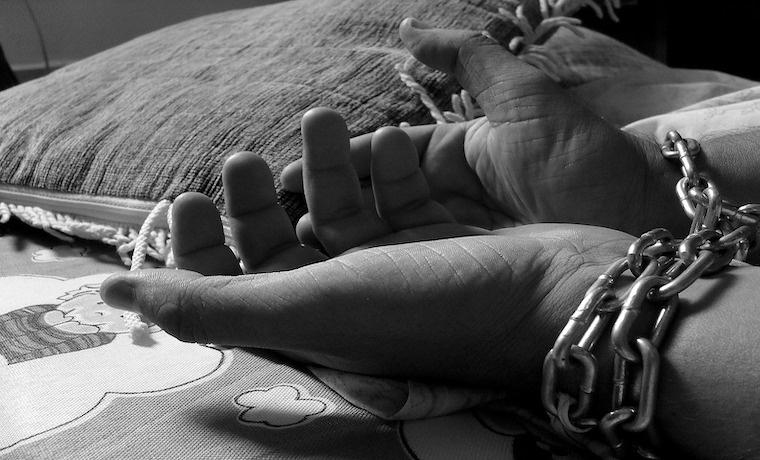What is a sponsor?
The oxford dictionary defines a sponsor as simply someone who “makes himself or herself responsible for another”. In a project sense this means taking on responsibility for the success of a project in an organisation. It means commitment to project outcomes and to the people involved in delivering these outcomes.
But a project doesn’t just work because you have a good project plan. It requires organisational commitment through the provision of adequate resources and executives to smooth the way when things get difficult.
Effective Sponsors
Many organisations mistakenly believe that it is up to the project manager to solve the organisation’s problems and make the project happen. Others just hire a project manager to be the scapegoat if things go wrong. But these strategies really just miss the whole point… if the project manager got hit by the proverbial bus, the project would not disappear or cease to exist – it still needs resources and committment.
When we talk about ‘sponsors’ we talk about senior managers who are prepared to be actively involved in the project and committed to its success. At the beginning of any project, the effectiveness of the project sponsor role is the best way to predict project success or failure.
A good sponsor will be clear about the project’s objectives, have power (over resource expenditure) and be able to influence key decision makers to support or resource the project. They will be someone who has a sound understanding of the context in which the project or its product will operate.
The project manager and project sponsor must work closely together for the project to succeed.
The sponsor will provide the scope, objectives, risk management, quality expectations and benefits realisation plans that the project manager will implement. If these things aren’t understood – the sponsor discuss goals with the organisation’s executive to provide clarity.
Education is important. Therefore, as a project manager, one of the key roles is educating the sponsor on the nature of Project work so that they can act in an informed way on your behalf within the organisation.
A project manager can assist the sponsor by explaining costs and benefits in money terms. This makes it easier for the sponsor to use their influence to ensure the project is properly resourced.
A good sponsor will work with the project manager to create a contingency plan for getting the project back on track should executive support not be forthcoming or should the situation change and the resource requirement be increased. If such a plan is not in place – the “blame” will ultimately fall back on an under-resourced PM for project failure.
So what does the Sponsor do?
Projects need sponsors who are leaders and can establish directions that link with long term goals, communicate a vision both within and outside the project team, create team alignment and are focused on planning and short- term outcomes.
Because of this, the relationship that a project manager builds with the project’s sponsor is the most critical relationship in any project. Simply put, a project without the appropriate degree of executive sponsorship will fail.
Organisations, and in some cases the project sponsors themselves, often confuse the roles played by the project sponsor and the project manager. This leads to the sponsor not being involved enough with setting direction and keeping the project on track or being too involved and taking over from the project manager – sometimes creating conflict.
As Martin points out, there is a clear distinction between the two:
|
Sponsor |
Project manager |
|
Accountable for the success of the project manager |
Accountable for the project team’s success |
|
Mentors the project manager |
Mentors project team members |
|
Removes obstacles that the project managercannot remove on his or her own |
Removes obstacles for the project team |
|
“Supervises” the project manager |
“Supervises” the project team |
|
Holds other managers accountable for meeting their commitments |
Holds the project team accountable for meeting their commitments |
|
Provides direction to the project |
Provides direction to the subprojects |
|
Reviews the Charter. |
Resolves questions/prepares the Charter |
|
Is a liaison to the Project Steering Committee or Board |
Is a liaison to the sponsor and customer |
|
Reviews & approves the Project Plan |
Facilitates the Project Plan development |
|
Ensures resources are provided to the project |
Defines resource requirements and negotiates with the executives for resources |
|
Provides oversight to the subprojects |
Provides oversight to the entire project |
|
Reviews and approves change requests |
Facilitates the development of the impact analysis for change requests |
|
Evaluates the project |
Facilitates the lessons learned process after evaluations are received |
|
Takes recommendations for improvement to the Project Steering Committee/Board |
Writes recommendations for improvement |
Source: Martin, Paula K (2005): Sponsoring a Project, Martin Training Associates.
Different roles for Project Sponsors
Project sponsors need to be involved from the start to eventual hand-over. Throughout the life of a project, a sponsor will take on many different roles. In the beginning they will “sell” the project and its benefits to the organisation. Throughout the project the sponsor will support the project manager and provide insights into the context and operation of the project to instill confidence.
During difficult times a sponsor will protect the project manager and team from political and other influences that threaten the smooth operation of the project. The sponsor will develop and nurture useful relationships inside and outside the organisation and assist to manage risk for the project.
At the end of the day, if a project doesn’t have a sponsor that meets these criteria, a PM should think twice about taking it on.
For help working in attaining and managing sponsorship for your projects contact our experts at Transformed.





